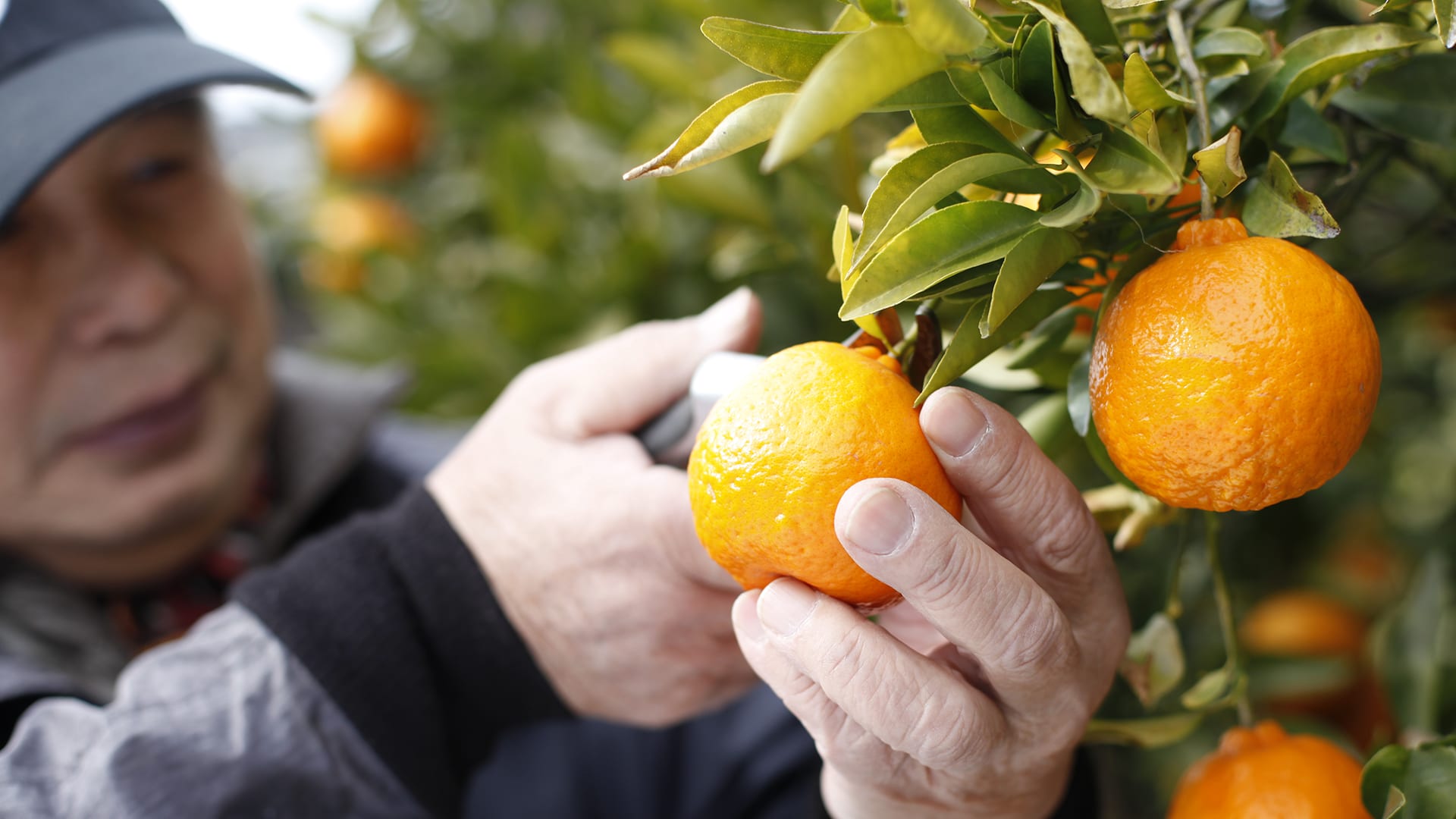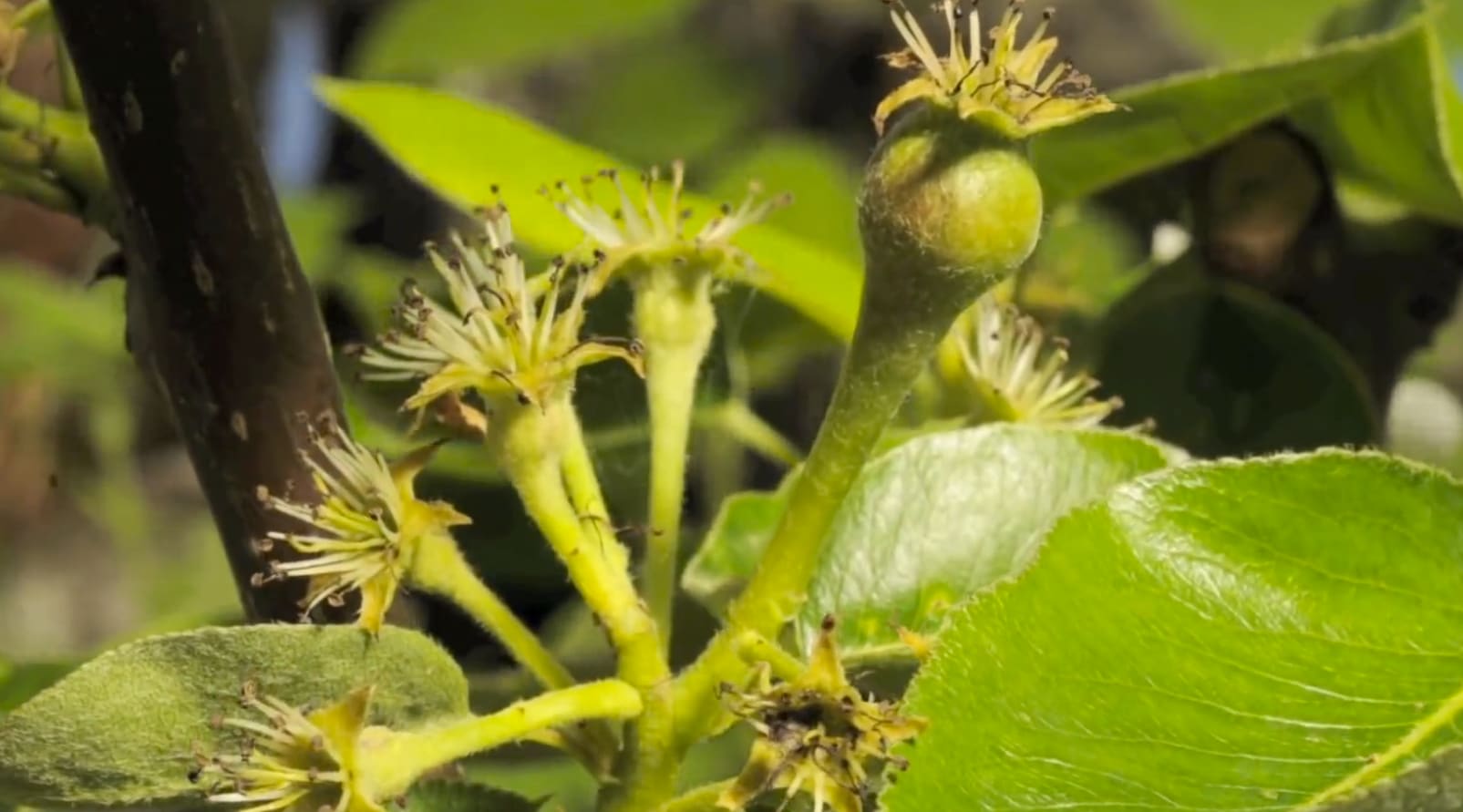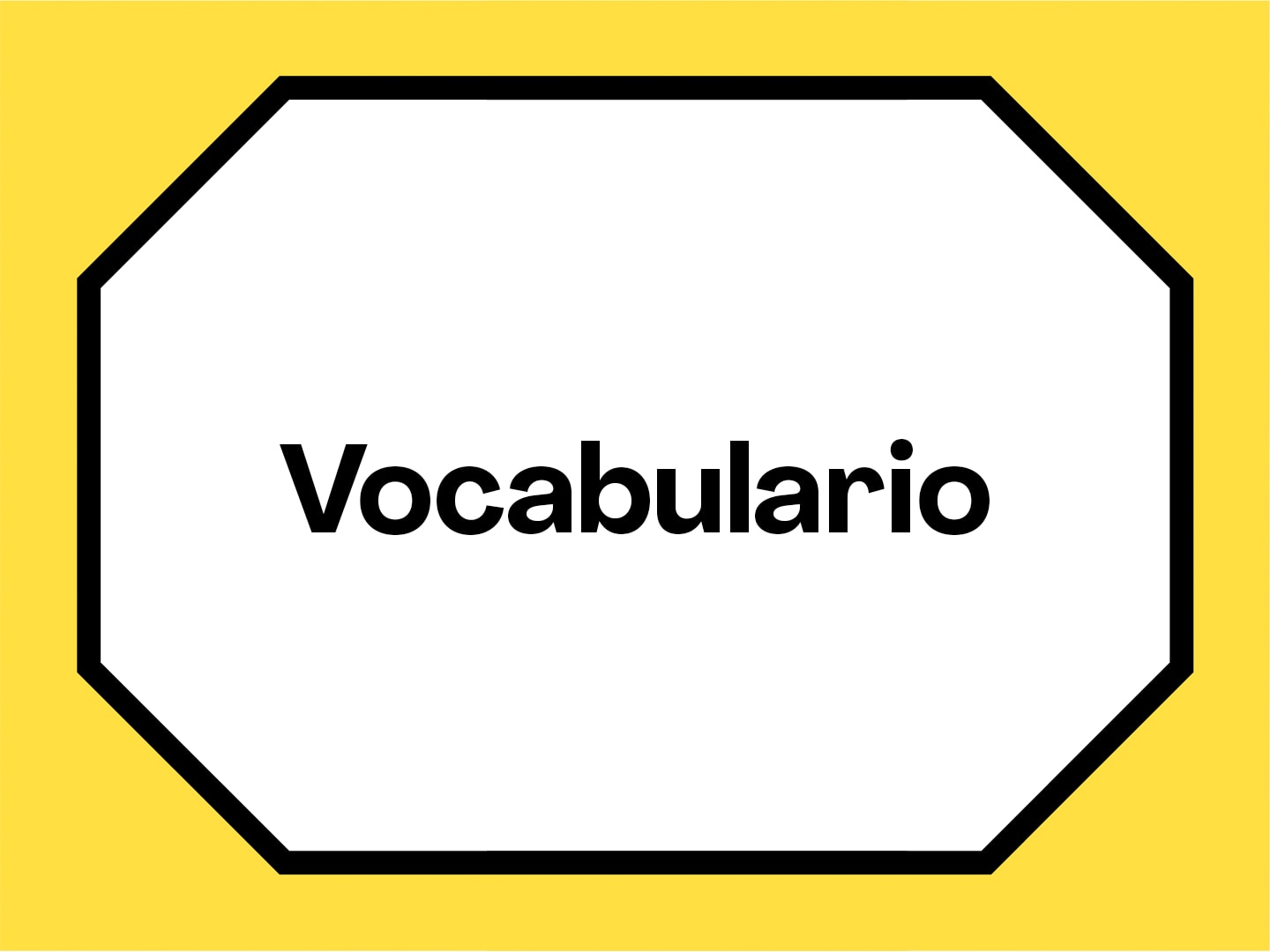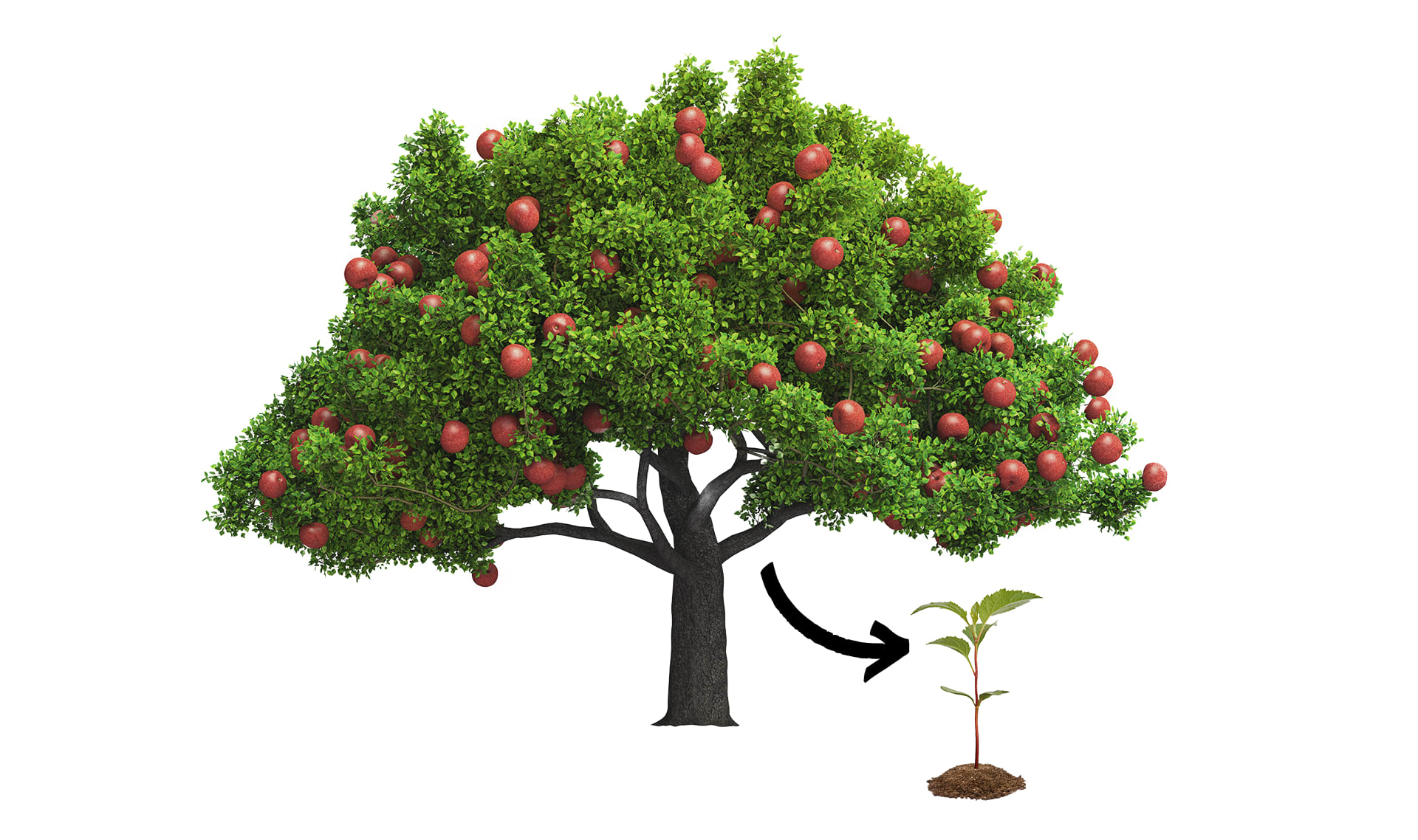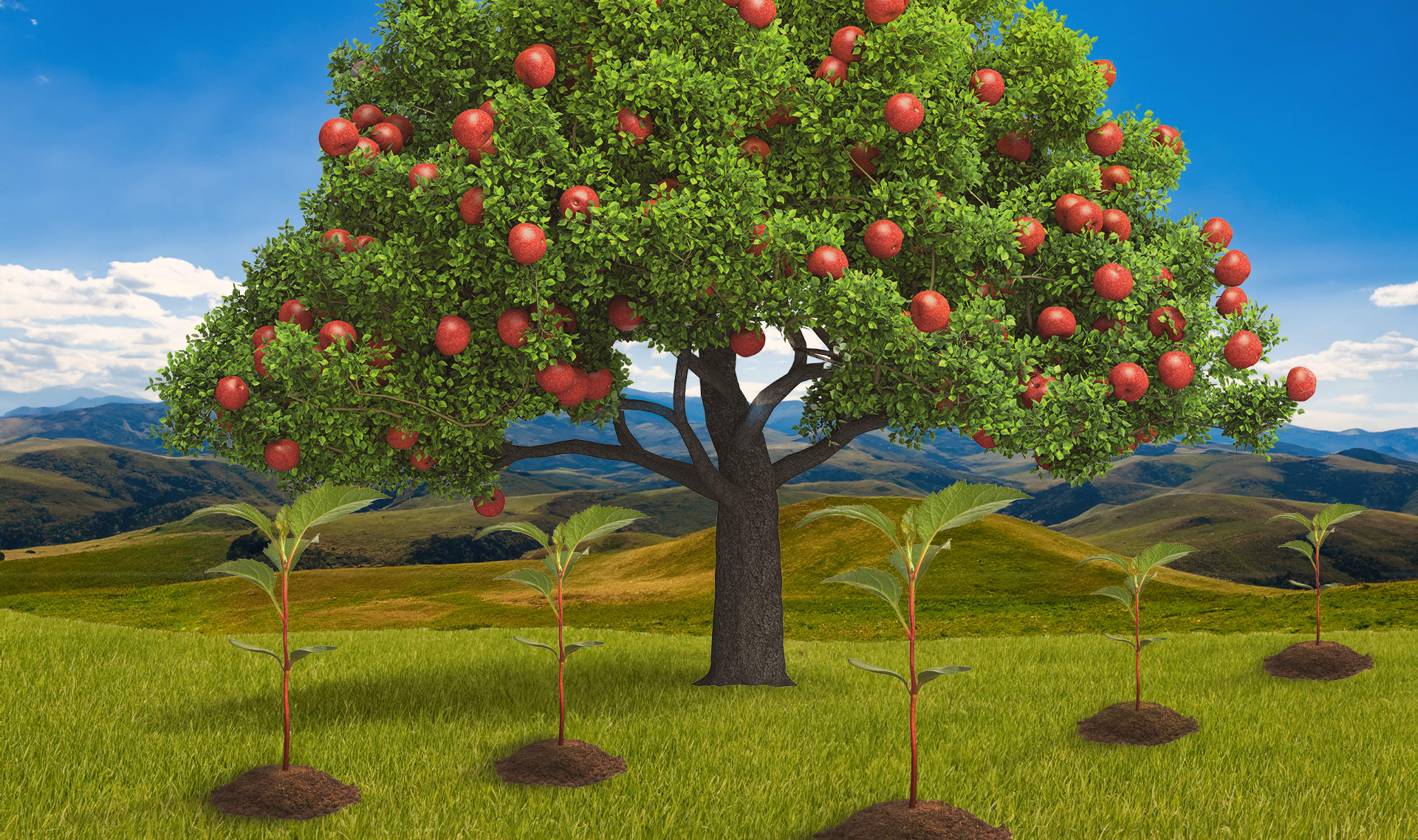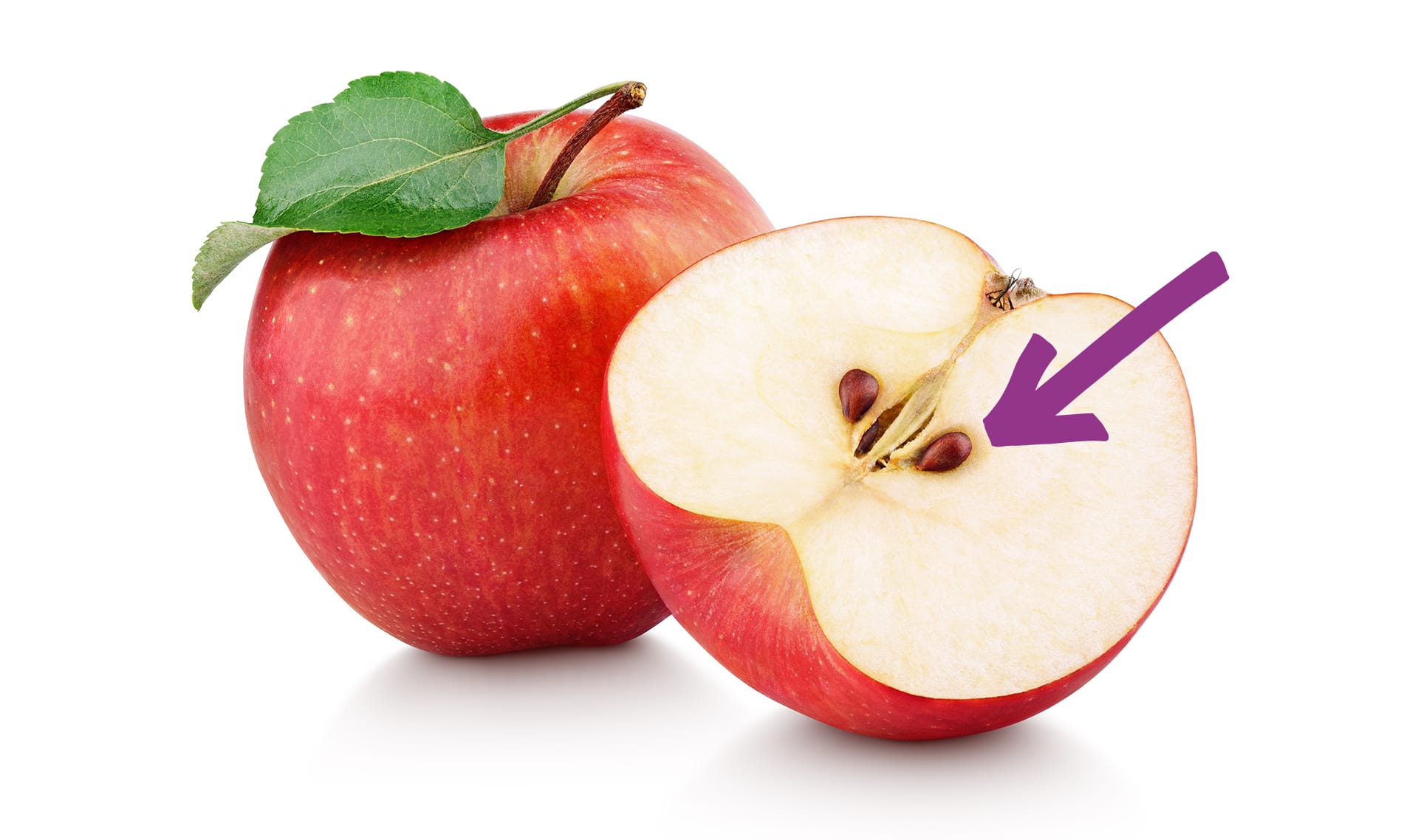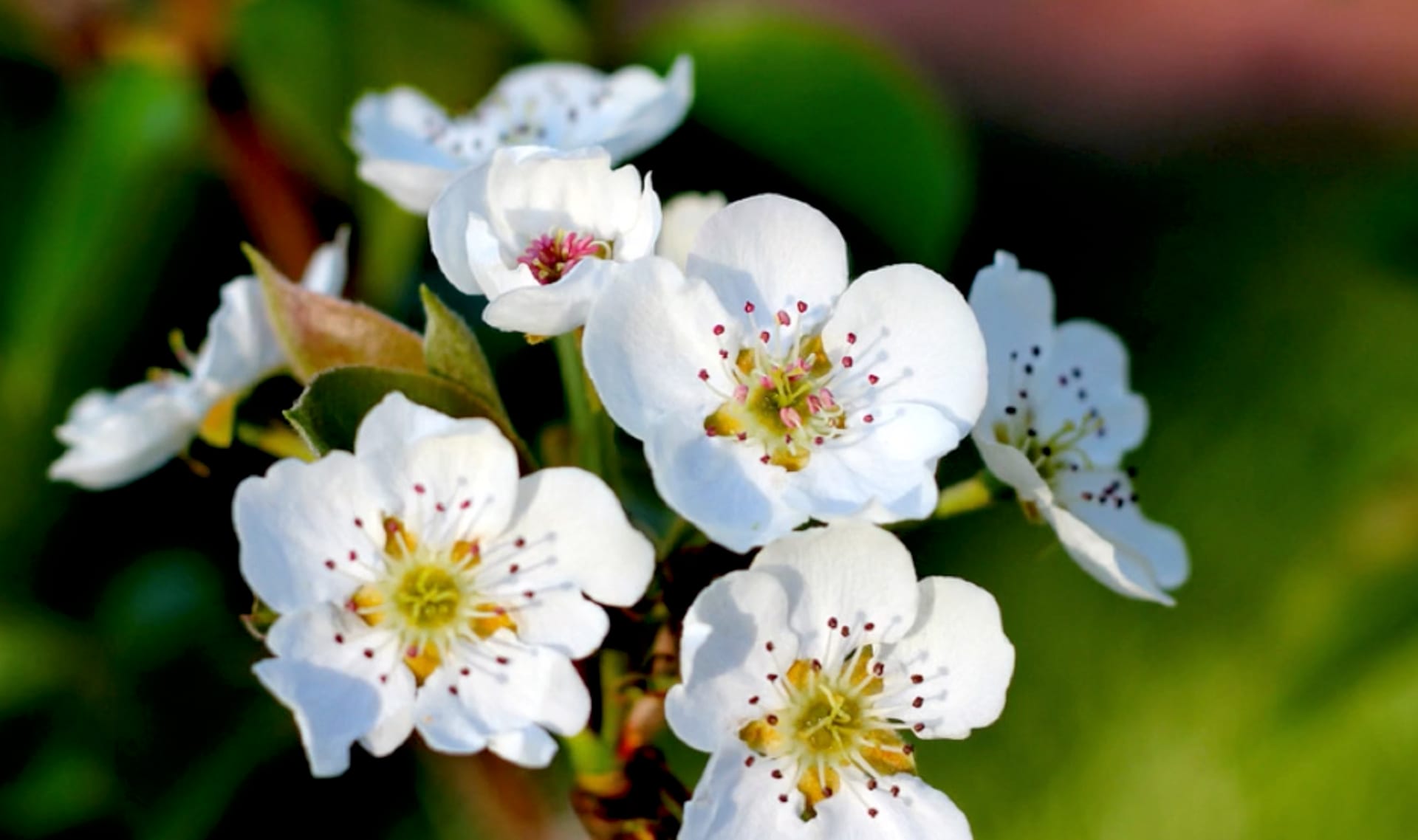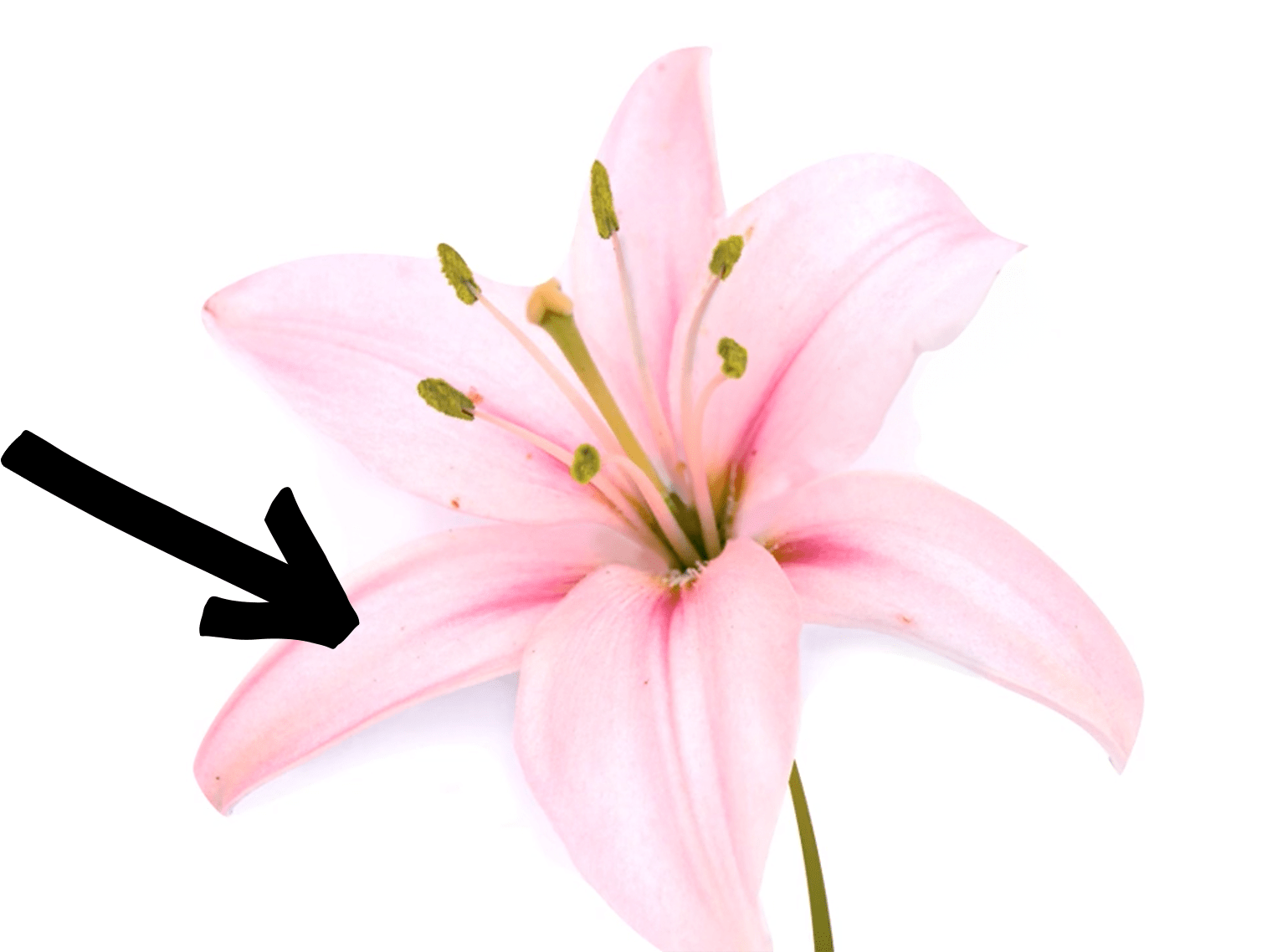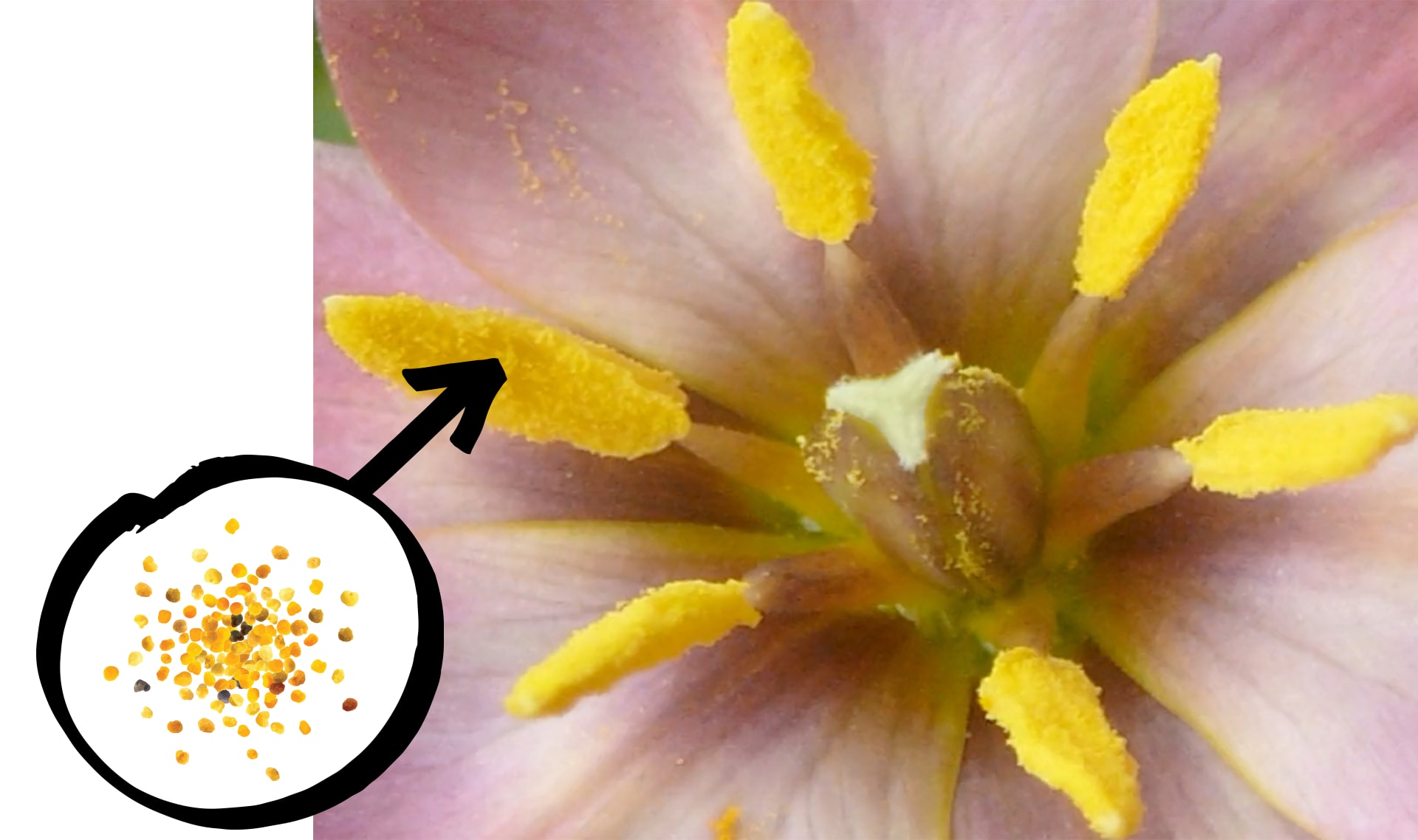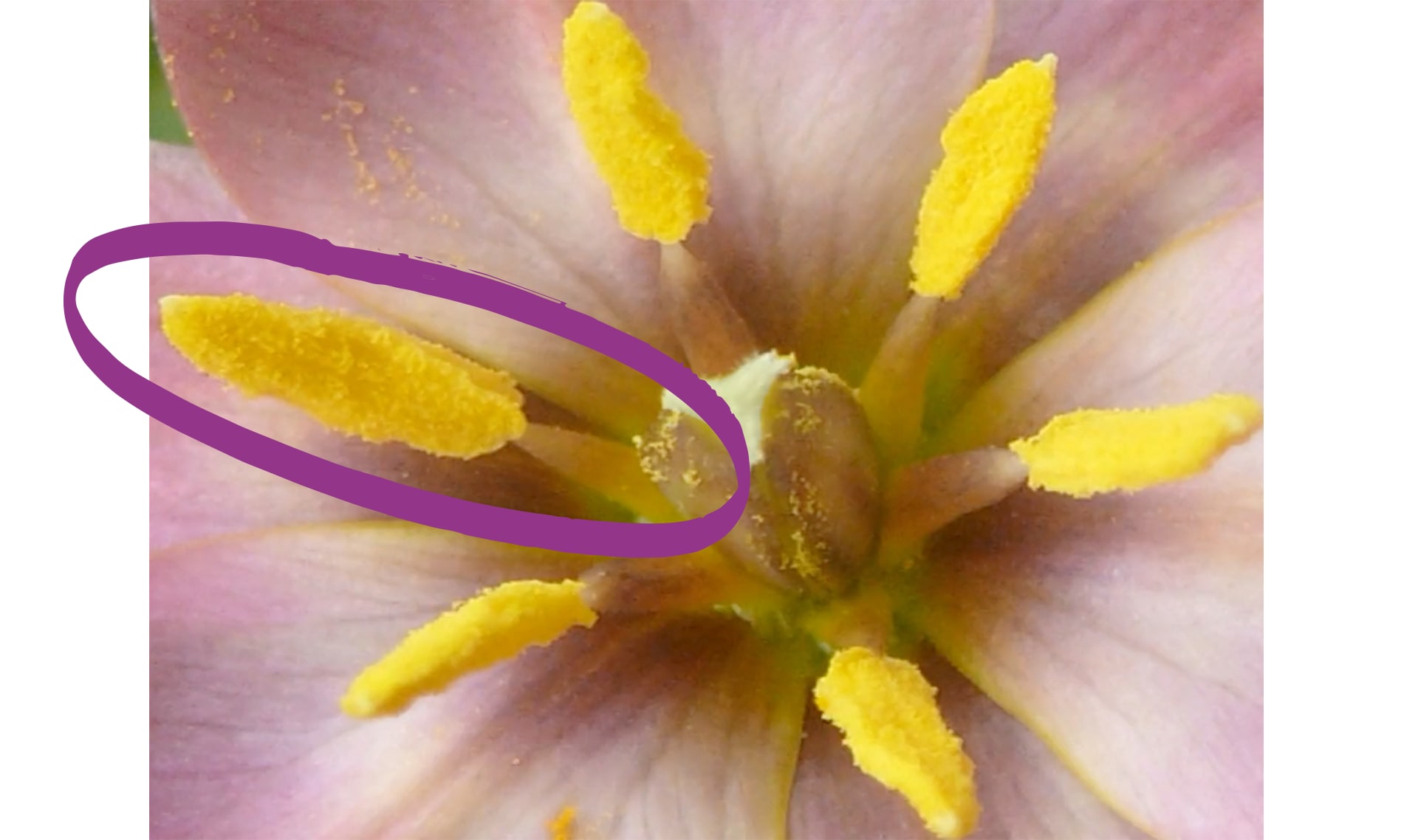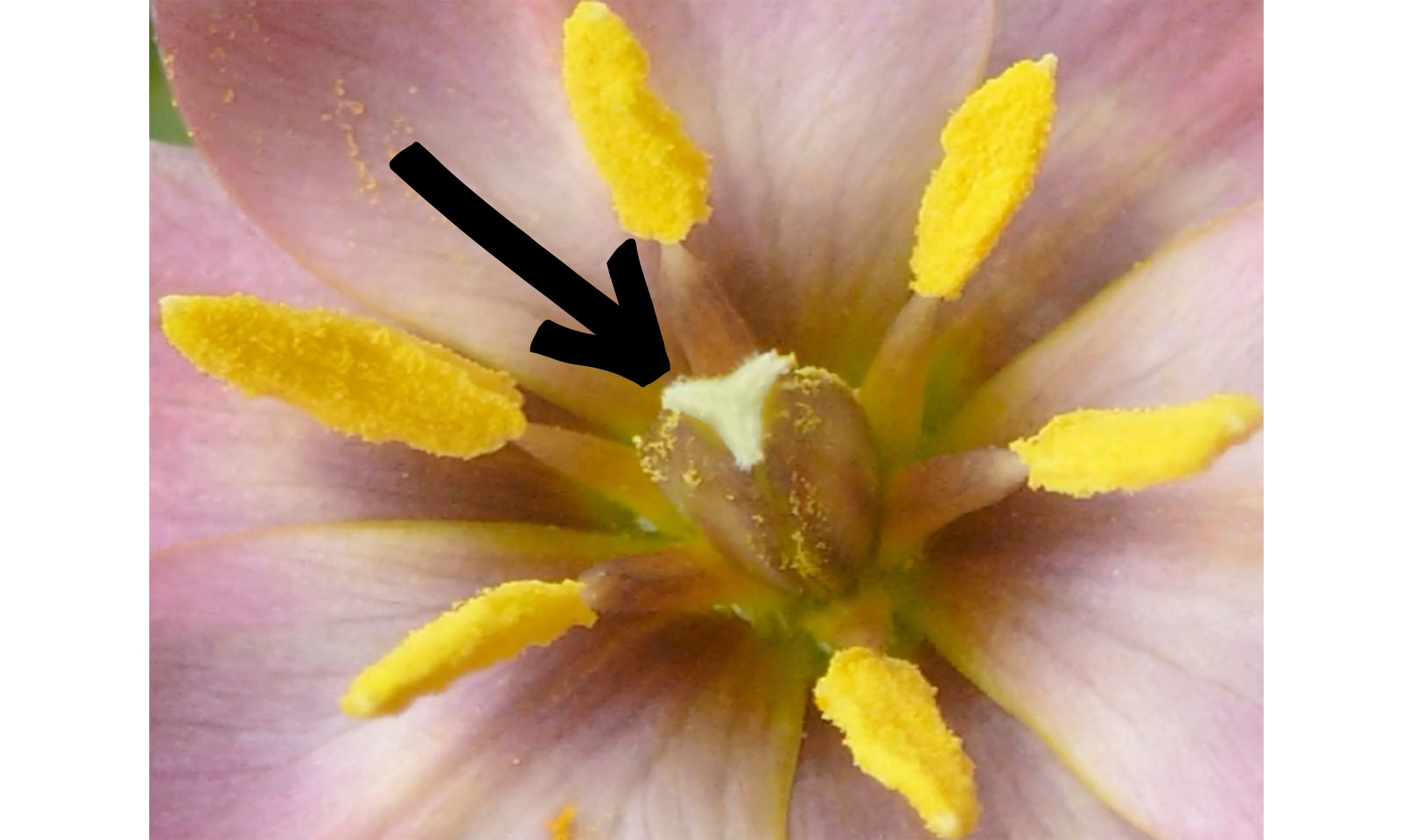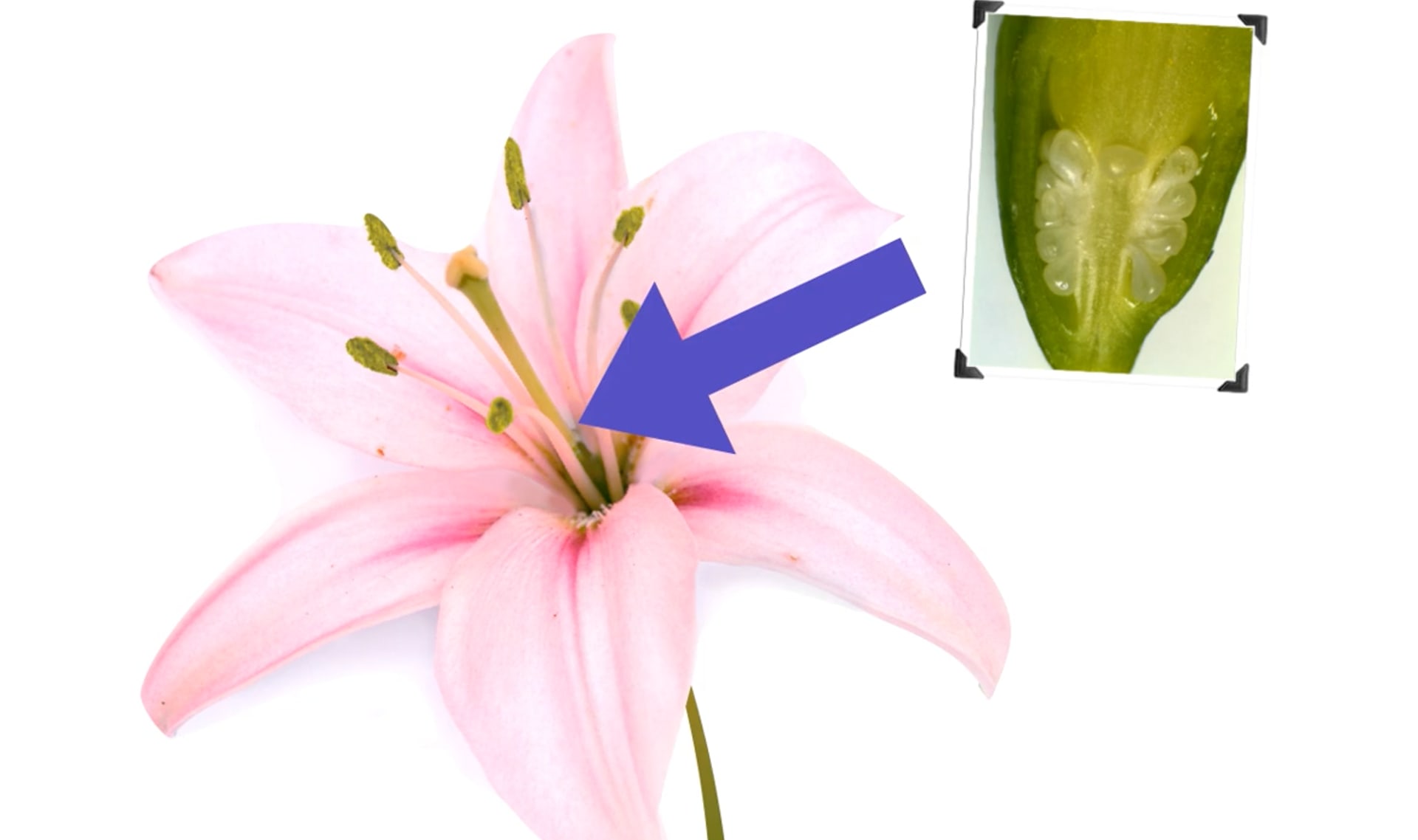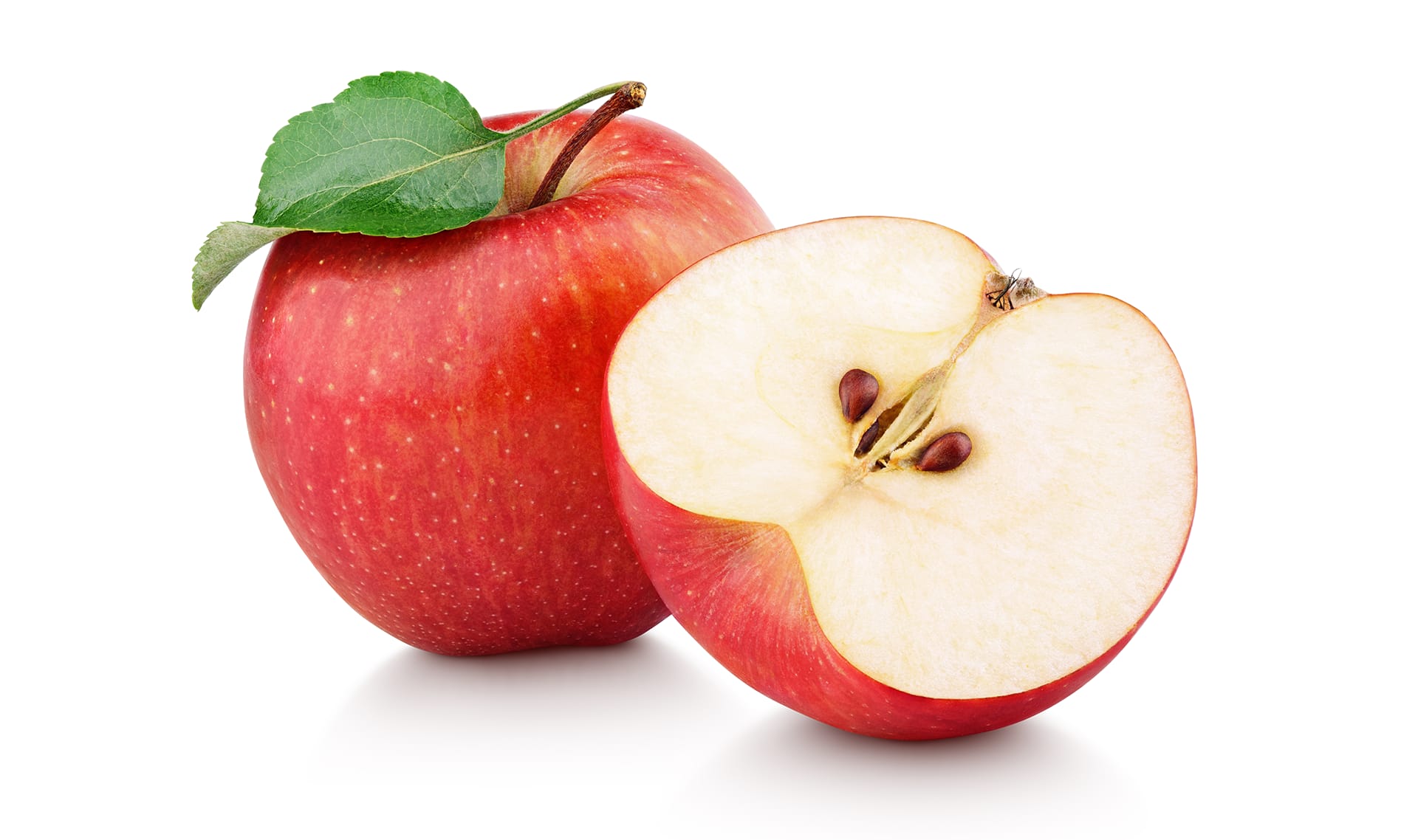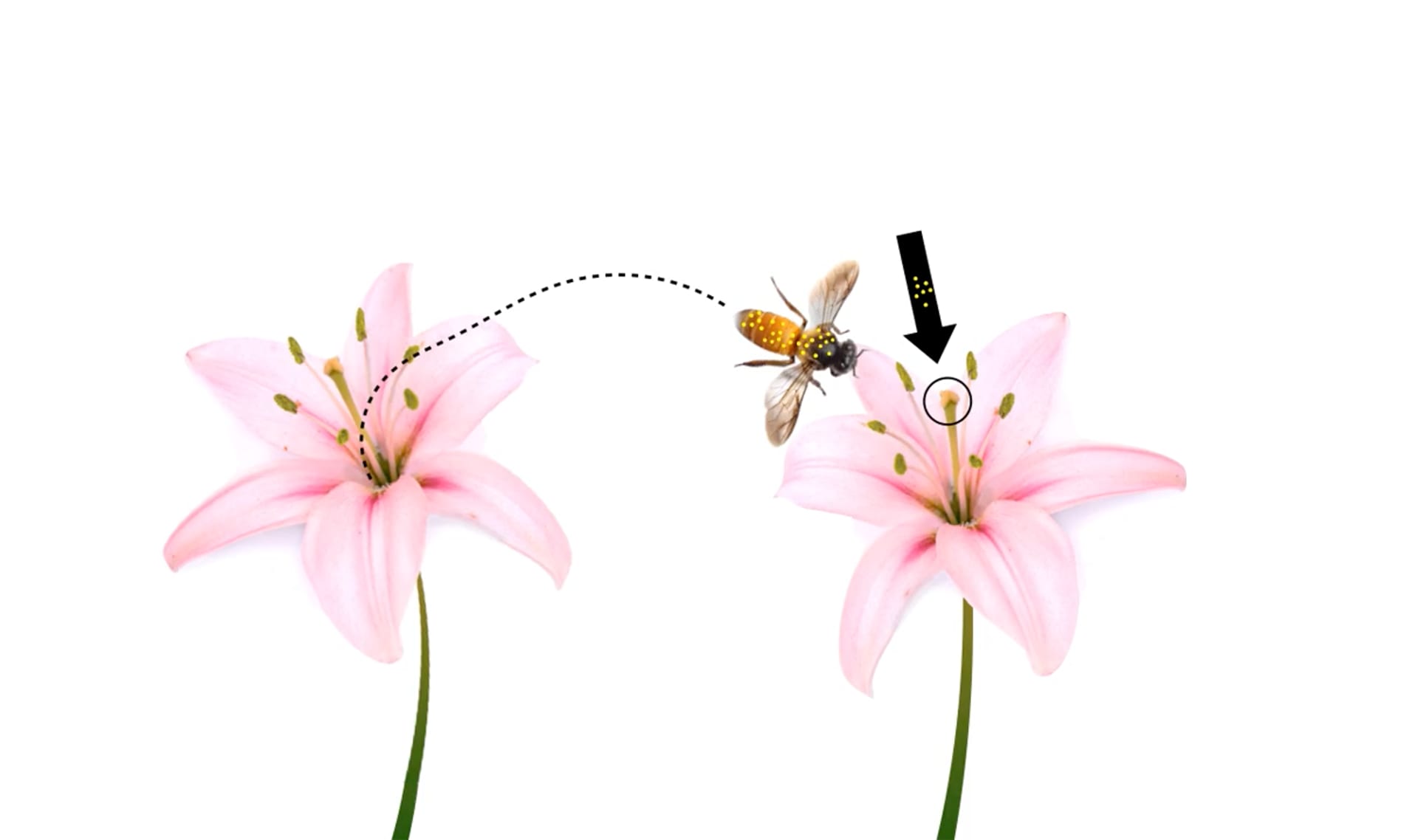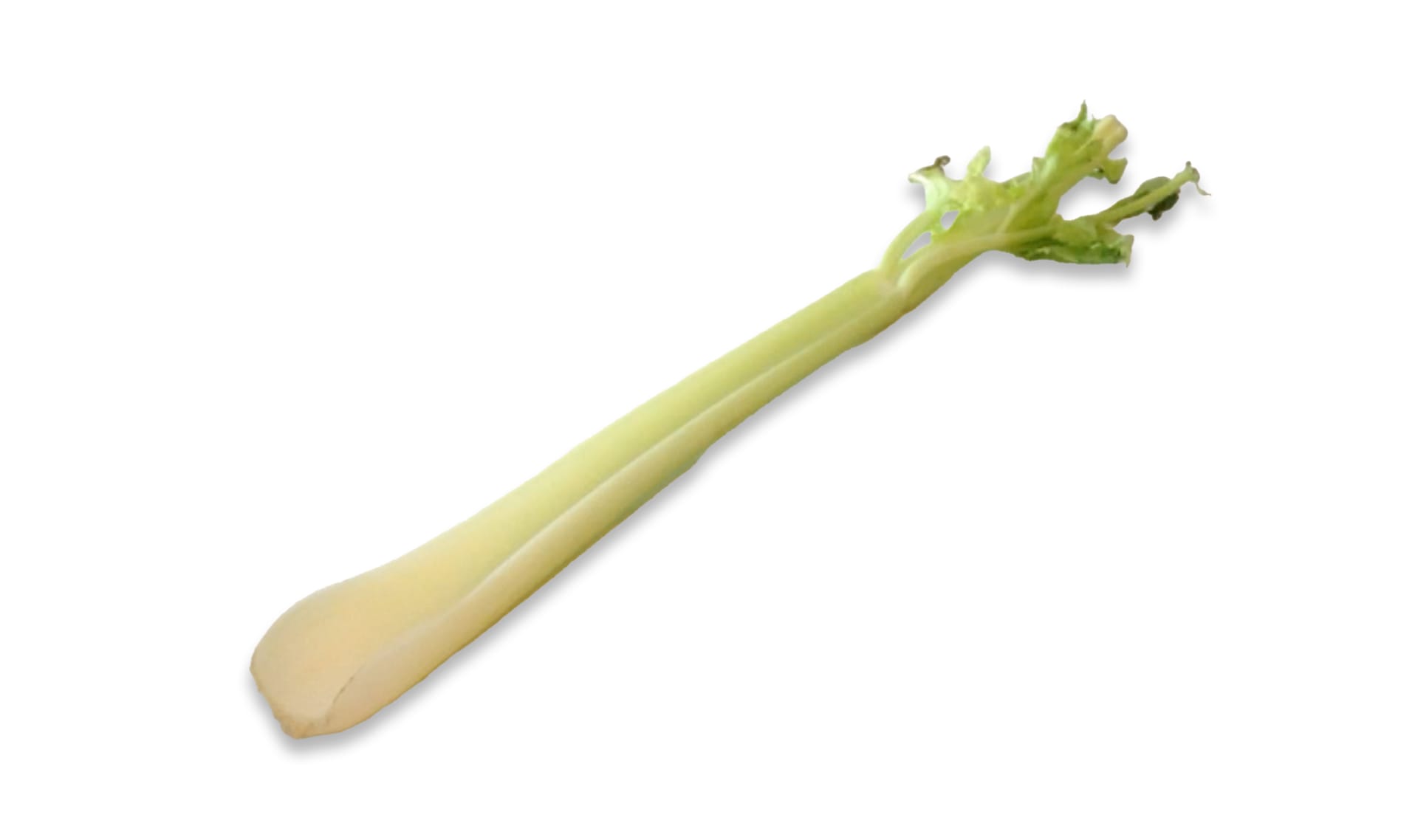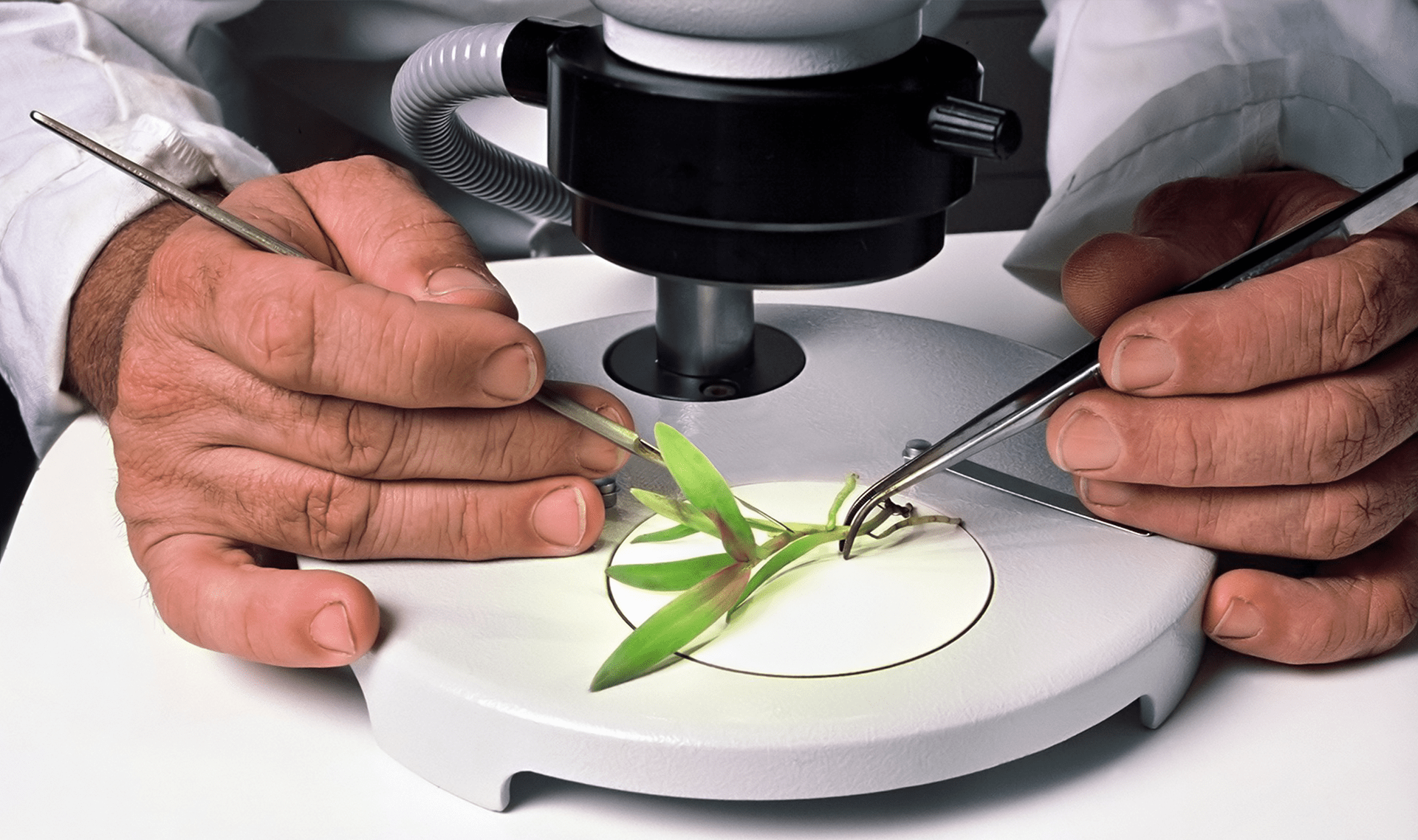Mystery Science respects the intellectual property rights of the owners of visual assets.
We make every effort to use images and videos under appropriate licenses from the owner or by
reaching out to the owner to get explicit permission. If you are the owner of a visual and
believe we are using it without permission, please
contact us—we will reply promptly and make
things right.
Exploration
Cherries by
4028mdk09
Open field by
Broo_am (Andy B)
Single pear by
Xth-Floor
Flowers by
Imgur
Pears seeds by
Dezidor
Strawberriew by
Ken Hammond, U.S. Department of Agriculture
Apple flowers by
Дар Ветер
Tree full of flowers by
ForestWander
Video: Pear fruit swelling by
Neil Bromhall
raccoon eating cherry by
Shelly Cox
Apples on tree by
George Chernilevsky
monkey eating banana by
live-less-ordinary.com
Apple by
Amada44
Send a message by
ladelentes
squirrel eating orange by
Mr.TinDC
airplane by
The Photographer
bird eating berries by
Matt MacGillivray
bird with large bill by
William Warby
Cedar Waxing by
Craig Gibson
pear tree (with fruit) by
Paul Wood
Baby plant by
JMK
pears on branch by
Amber Ginsburg and Lia Rousset
pears by
Imgur
Maple seeds by
Dcrjsr
Inside apple by
LD Cross
Bartlett pears by
Peaceful Valley Company
Watermelon flower by
Meighan
green pepper by
Kitty W
Watermelon by
Fred Hsu
green pepper flower by
Jim Conrad
green pepper sprout by
Barbara
Vegetables by
Man vyi
Cut up watermelon by
Harsha K R
